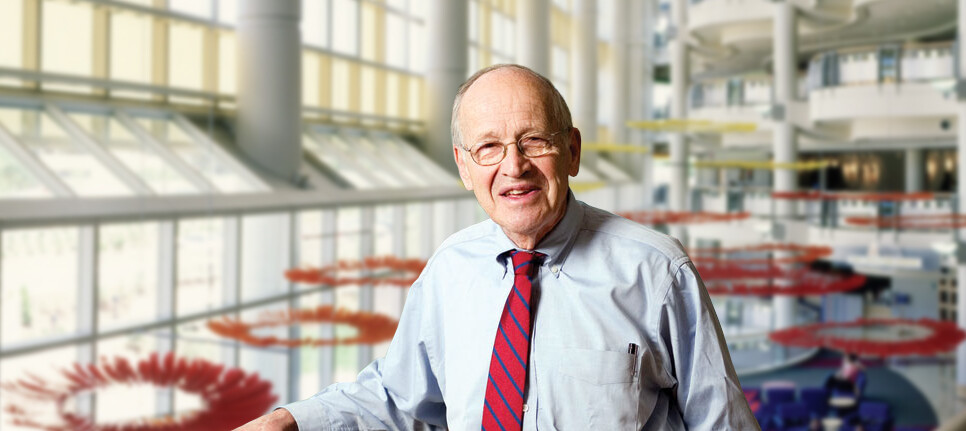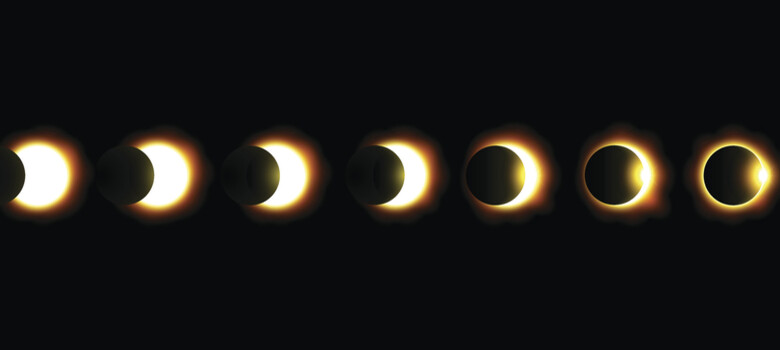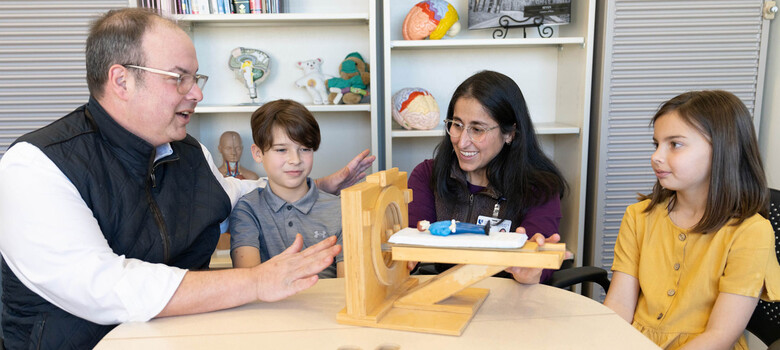 From the DukeHealth.org archives. Content may be out of date.
From the DukeHealth.org archives. Content may be out of date.
Measles Vaccine Co-Creator Explains Where the Fear Came From, and Why it is Unfounded

Samuel Katz, MD, is a co-creator of the measles vaccine
The Disneyland measles outbreak has drawn attention to the number of people in this country who choose not to vaccinate their children. Samuel Katz, MD, co-creator of the measles vaccine and chairman emeritus of pediatrics at Duke Children’s, remembers how the fear of the vaccine all started.
Started with Single, Flawed Study
“There was a single, flawed study in the United Kingdom in the late 1990s involving 11 or 12 children. The conclusion of this research -- that vaccines were linked to autism -- has been proven totally false. In fact, the person responsible for the research lost his license to practice, and his research was retracted,” says Dr. Katz.
The idea gained steam in part because of a matter of timing. “Autism is usually recognized in the second year of life. This is the time children are getting vaccines, including the MMR (measles, mumps, and rubella),” says Dr. Katz. But the science has proven there is no relationship between vaccines and autism.

Billions of children in the world have been vaccinated with a very small number of modest negative effects. Yet the rumors persist.
More Chemicals in Food Than in the Measles Vaccine
Billions of children in the world have been vaccinated with a very small number of modest negative effects, says Dr. Katz. Yet, the rumors persist.
Another argument from those who refuse vaccinations is that the shot introduces “unknown chemicals” into the body. That’s misleading, says Dr. Katz. “The vaccines are far more pure than what we are exposed to in daily life. There is very little other than the virus and the media it is grown in. We get far more chemicals in the foods we eat, the water we drink, and the air we breathe every day.”
Measles Can Lead to Serious, Even Fatal Complications
The measles vaccine was licensed in March 1963 after years of work. Dr. Katz is the only surviving member of the three-person team that developed the vaccine. “Back then, 20% of patients with the disease ended up the hospital, and about 450 children died each year,” says Dr. Katz. Because of the vaccine, measles was eradicated in this country in 2000.
Far from a benign disease, measles can lead to serious, even fatal, complications. “It doesn’t happen often in this country, but it does happen,” says Dr. Katz. “Patients can develop pneumonia or, less commonly, encephalitis," an inflammation of the brain.



